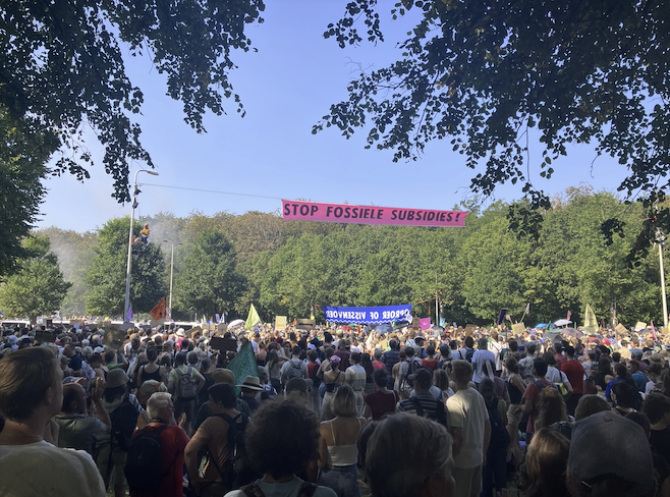
Creative student blogs apply Social Practice Theory
Students from the WCSG's Master of Sustainability Transformations have put their communication and creativity skills to the test. Here, we share a few blogposts that students have created in the Social Practices course led by dr. Sigrid Wertheim-Heck. Their work shows us how applying Social Practice Theory as a lens to see the real world can be both engaging and meaningful.
Student Blogs
Too fast, Too informal?
In our blog post, we delve into the dynamic world of the Matatu, the informal bus services that are central to Kenya's public transportation system. We explore the cultural embeddedness of informal transportation and what this means for development in regard to mobility and transport justice.
By masters students: Jan Low and Edwin Göbel

Photo by Nina Stock via Pixabay
The text below is an excerpt from the introduction to the interactive blog post. See the finished product by clicking the 'Visit the blog' button above.
Matatus as a practice
What should public transportation (not) look like? In the Netherlands we are accustomed to a system of trains, trams and buses, which is largely well organized, timely and efficient. While we may take its operation and structure for granted, we are unlikely to consider its history, organization cultural contingencies, and interplay with other systems as we use it, or indeed at all. This may lead to a tendency to see systems that differ from our own---less formal, less regulated, laterally rather than hierarchically organized---as problems to be fixed or systems to be modernized. Normative views on what transport ‘should’ be can miss the deep cultural and social connections that sustain and are sustained through informal transport practices. As practice theory teaches us, the activities of daily life are often deeply interrelated and interdependent. There are bundles of practices which enact meanings through repetitive performance every day. Exploring ways of doing and organizing from a context very different to what many of us are accustomed can provide a valuable perspective on our own systems.
We will travel to a setting truly different from our own in order to see our own systems and ideas about transport governance in a new light. Sit back and enjoy the ride.
For the full experience, continue reading on the blog.
Creators
Jan Low- Analysis and conclusion text, blog editing
Edwin Göbel- Practice sections text, website design, and photo sourcing
Mission Imfossible
Social practice theories hold a lot of unexplored potential to unpack unsustainable investment. Five master students, Anna, Bas, Janna, Jonas and Lea, invite the research community to embark on this journey crucial for systemic change.
By masters students: Anna Ravizza, Jonas Schröder, Lea Findeis, Janna Leipold, Bas de Ruiter

Photo by Jonas Schröder
The text below is an excerpt from the introduction to the blog post. See the finished product by clicking the 'Visit the blog' button above.
Dear social practice research community
We need to talk. So please grab yourself a sustainably sourced, low-carbon coffee and sit down with us so we can collectively address the elephant in the room:  It is the beginning of 2024 and humanity seems to be torn apart between destroying and saving the world. On an increasingly global level, societies struggle to transition to clean energy, to change their ways of eating, working and travelling, for the sake of a sustainable future. You as social practice researchers have contributed a lot to understanding both these practices and potentials to change. Yet at the very same time, decisions to further invest in the fossil fuel industry are taken. Oil, gas and coal businesses continue to fill the pockets of billionaires, while further fuelling the climate crisis. And this, dear research community, is where you come into play. We argue that, by finally engaging with the powerful practices of energy investments, you might be able to bring about much-needed change. How to approach that, you ask? We will try to provide some food for thought on why and how you might incorporate investment practices in your work. Just keep on reading.
For the full experience, continue reading on the blog.